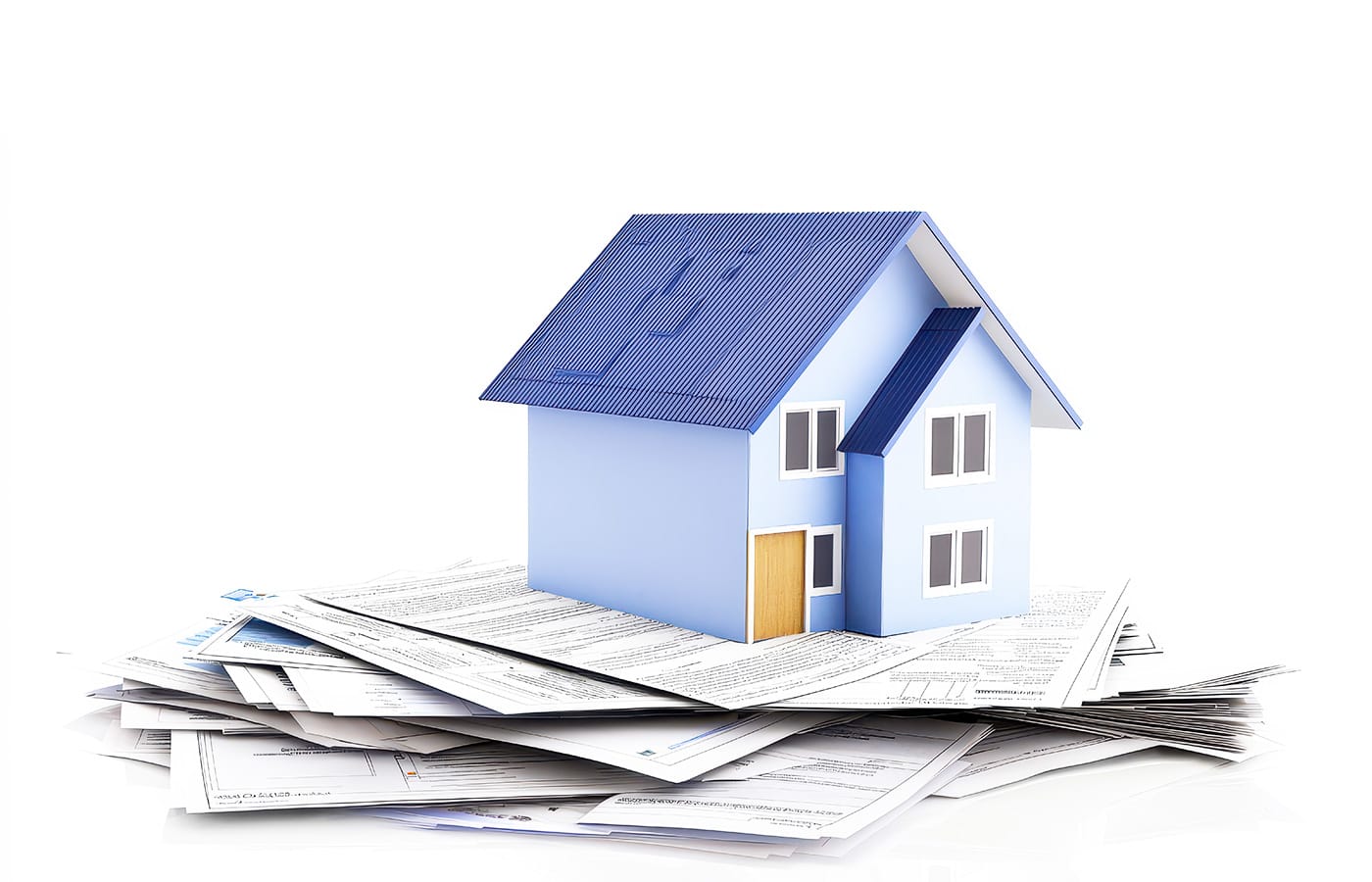Understanding Mortgage Rates
Understanding how mortgage rates work can help buyers make informed decisions, secure more favourable terms, and save thousands of dollars.

Understanding mortgage rates dramatically affects how much you end up paying for your home over the life of the loan. For buyers, especially first-time homebuyers, mortgage rates can feel like a complex puzzle of percentages, economic indicators, and financial jargon. However, understanding how mortgage rates work can help buyers make informed decisions, secure more favourable terms, and save thousands of dollars.
What Are Mortgage Rates?
A mortgage rate is the interest rate that a lender charges you for borrowing money to purchase a home. This rate is expressed as a percentage and applied to the outstanding loan balance, determining your monthly payments. Mortgage rates are significant because they dictate how much you'll pay over the life of your loan. Even a tiny difference in the rate can substantially change the home's total cost.
We can broadly divide mortgage rates into two categories: fixed rates and variable rates. A fixed mortgage rate stays the same throughout the loan term, offering predictability and stability. In contrast, a variable or adjustable mortgage rate (ARM) can fluctuate over time, often tied to broader economic benchmarks like the prime rate or Government of Canada Bonds (GoC Bonds). A buyer's financial situation and risk tolerance influence the decision between the types of mortgage, which we'll explore further in this article.
Factors That Influence Mortgage Rates
While the lender often shapes mortgage rates, several broader factors come into play.
Economic Conditions
The overall state of the economy heavily influences mortgage rates. For example, when the economy is doing well and inflation is rising, interest rates, including mortgage rates, tend to increase. Conversely, during economic slowdowns, the Bank of Canada may lower interest rates to stimulate borrowing, which can also lower mortgage rates.
Credit Scores
Your credit score is one of the most personal and direct factors affecting your mortgage rate. Lenders assess your credit score to gauge your risk as a borrower. A higher score suggests that you're more likely to repay the loan, which means lenders can offer you lower rates. Conversely, lower scores may result in higher interest rates or loan denials.
Loan-to-Value Ratio (LTV)
The size of your down payment also plays a significant role. Lenders use the loan-to-value ratio (LTV) to determine how much risk they'll take with a loan. A lower LTV, meaning a higher down payment, usually translates to a lower interest rate because you're borrowing less of the home's value, reducing the lender's risk.
Loan Terms
The length of your loan (usually 15, 20, or 30 years) also affects your mortgage rate. Shorter-term loans tend to have lower rates but require higher monthly payments. In contrast, longer-term loans have lower monthly payments but higher overall interest costs due to an extended repayment period.
Bank of Canada Policies
The Bank of Canada doesn't set mortgage rates directly. Still, its policies on interest rates have a significant trickle-down effect. When the Bank of Canada raises interest rates, borrowing costs for banks go up, leading to higher mortgage rates for consumers.
Tracking these factors can help you anticipate movements in mortgage rates and make more informed decisions on when to apply for a mortgage.
Fixed vs. Variable Mortgage Rates
Fixed-Rate Mortgages
A fixed-rate mortgage locks in your interest rate for the entire loan duration. Fixed payments make budgeting easier since your monthly payments will remain consistent, regardless of what happens in the broader economy. Fixed-rate mortgages are particularly beneficial in a low-rate environment because you can lock in a favourable rate for the long term. Suppose rates were to fall significantly after locking them in; you would only benefit if you refinance the loan.
Variable or Adjustable-Rate Mortgages (ARMs)
In contrast, an adjustable-rate mortgage starts with a lower interest rate that adjusts periodically based on market conditions. These adjustments usually happen annually after an initial fixed-rate period, such as five years (in a 5/1 ARM). While ARMs offer lower initial rates than other mortgage options, they can be risky. If interest rates rise, so will your mortgage payments, potentially making budgeting difficult.
ARMs can be advantageous if you don't plan to stay in your home long-term or anticipate interest rates falling. However, they carry more uncertainty compared to fixed-rate mortgages.
How to Qualify for the Best Mortgage Rates
Improve Your Credit Score
Your credit score is one of the most critical determinants of the mortgage rate your lender can offer. Before applying for a mortgage, improve your credit score by paying down debt, making all payments on time, and checking your credit report for errors.
Save for a Larger Down Payment
A higher down payment can reduce your loan-to-value ratio, helping you qualify for better rates. Aim to put down at least 20%, which can help you avoid mortgage default insurance.
Shop Around for Lenders
Mortgage rates can vary from one lender to another; don't settle for the first offer--get quotes from multiple lenders to find the most favourable terms.
Lock in Your Rate
Once you've found a reasonable rate, consider locking it in. A rate lock ensures your interest rate won't change before your loan closes, protecting you from potential rate hikes.
Current Mortgage Rate Trends
Many analysts believe rates may stabilize or decrease as inflation slows and the economy cools. However, the direction of rates will also depend on factors such as employment levels, international trade tensions, and the housing market's supply-demand dynamics.
For buyers in 2025, timing will be crucial. If mortgage rates decrease, locking in a low rate will be essential. On the other hand, if rates continue to rise, buyers may need to act quickly to secure a home before affordability worsens.
Understanding mortgage rates is crucial to home buyers, as they affect your monthly payments, overall affordability, and long-term financial stability. Familiarizing yourself with the factors influencing mortgage rates and improving your creditworthiness will help you secure a more favourable rate. It is wise to consult with financial professionals who can provide personalized advice based on your unique financial situation.
Stay informed and prepared, and you can navigate the mortgage process confidently and make decisions that align with your financial goals.
Published courtesy of Royal LePage® Royal City Realty on Dec 20th, 2024
